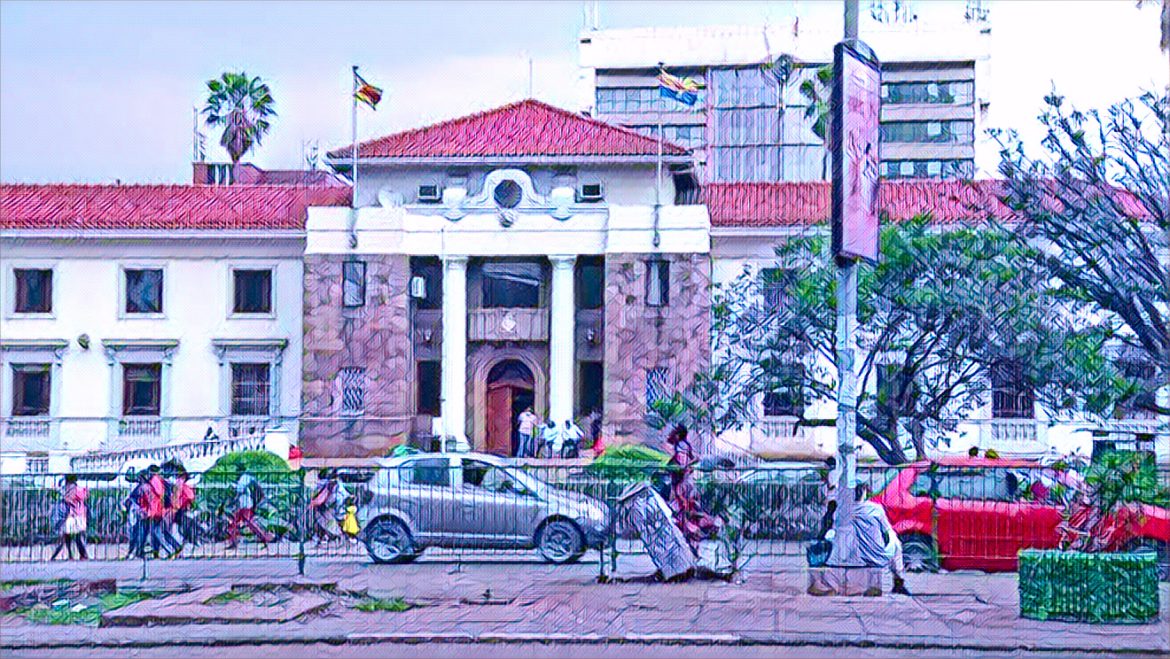In a bold move aimed at recouping substantial debts owed to the city, Harare City Council is set to publicly name and shame individuals and entities owing a staggering sum of ZW$940 million.
The decision, announced by council spokesperson Michael Chideme, underscores the municipality’s determination to tackle its financial challenges head-on. With a mounting debt burden that has long hampered essential services and infrastructure development, the council sees this measure as a necessary step towards financial recovery.
According to Chideme, the debtors span a wide spectrum, including residents, businesses, and government institutions. Among the owed funds are outstanding rates, water bills, and other municipal charges accrued over the years.
This initiative follows a string of efforts by the council to address its financial woes, including debt restructuring and revenue enhancement measures. However, with the debt remaining a significant obstacle to the city’s fiscal health, the council believes that transparency and public accountability will exert additional pressure on defaulters to settle their obligations.
The decision to name and shame debtors aligns with broader accountability and transparency initiatives sweeping across various sectors globally. By publicly identifying delinquent debtors, the council aims to foster a culture of responsibility and prompt payment among residents and businesses.
While some may view the move as drastic, supporters argue that it is a necessary step to safeguard the city’s financial stability and ensure equitable distribution of resources. Moreover, transparency in debt management can enhance public trust in municipal governance and foster a sense of shared responsibility for the city’s well-being.
In response to concerns about potential backlash or legal challenges from those named, Chideme reiterated that the council would adhere to legal protocols and provide avenues for dispute resolution. However, he emphasized that the primary goal is to encourage compliance and prompt settlement of outstanding debts.
The announcement has sparked mixed reactions among residents and stakeholders, with some applauding the council’s proactive approach, while others express reservations about the potential repercussions for individuals and businesses facing financial hardship.
Nonetheless, amidst the debate and uncertainty, there is a glimmer of hope that this bold move will catalyze positive change and pave the way for a more sustainable financial future for Harare. As the city grapples with the aftermath of years of economic challenges and mismanagement, initiatives like these signal a renewed commitment to transparency, accountability, and fiscal responsibility.
In the coming weeks, all eyes will be on Harare as the council proceeds with its plans to name and shame debtors, sparking conversations about debt management, civic responsibility, and the future of urban governance in Zimbabwe.
Source: New Zimbabwe


